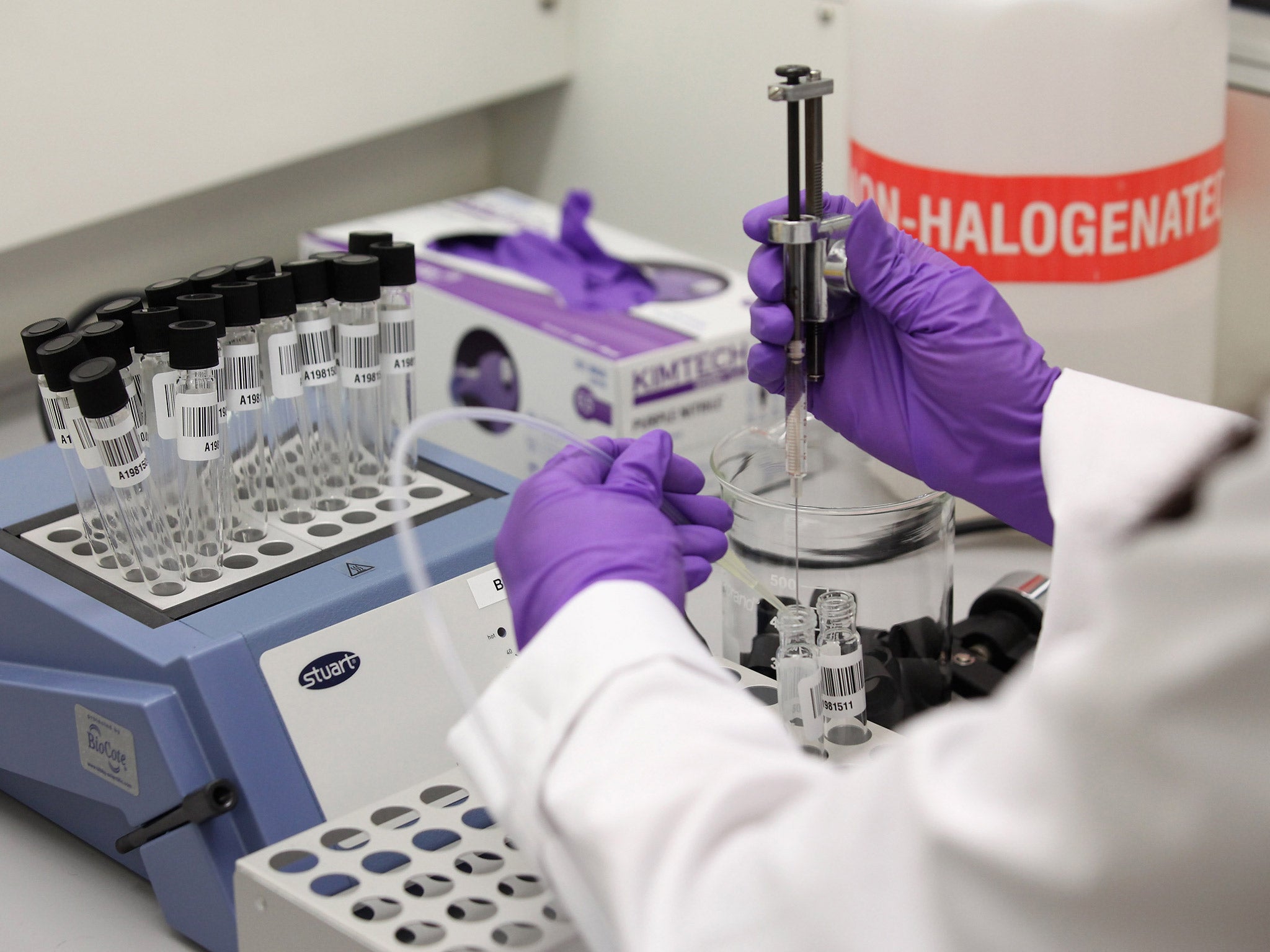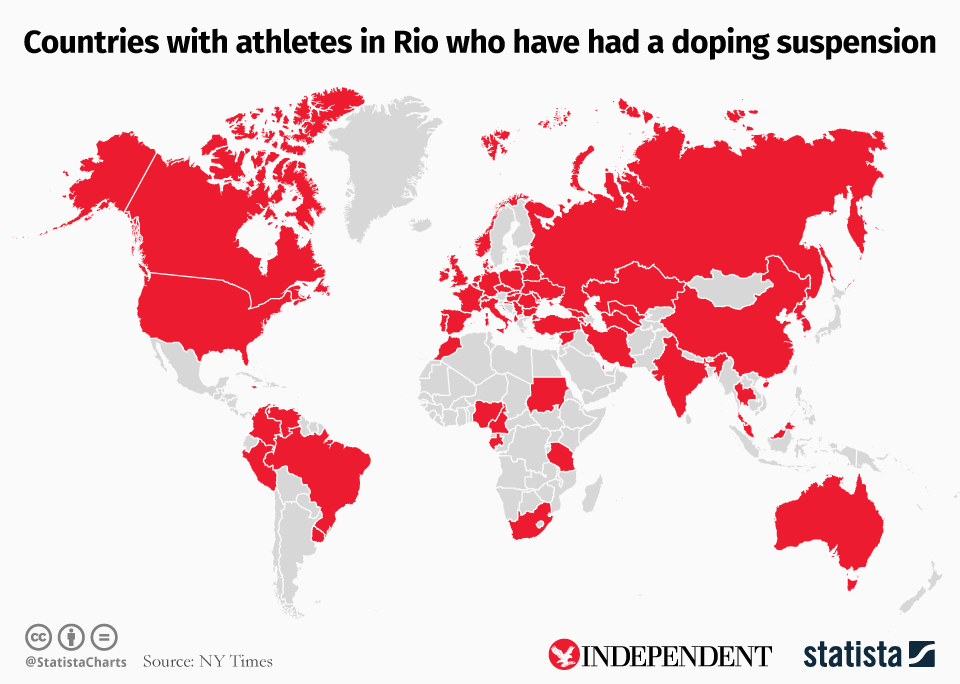Russia doping: Officials admit to Olympics doping programme for the first time
Russian officials have confirmed that a widespread doping programme was in place over a number of years, but insist it was not state-sponsored

Your support helps us to tell the story
From reproductive rights to climate change to Big Tech, The Independent is on the ground when the story is developing. Whether it's investigating the financials of Elon Musk's pro-Trump PAC or producing our latest documentary, 'The A Word', which shines a light on the American women fighting for reproductive rights, we know how important it is to parse out the facts from the messaging.
At such a critical moment in US history, we need reporters on the ground. Your donation allows us to keep sending journalists to speak to both sides of the story.
The Independent is trusted by Americans across the entire political spectrum. And unlike many other quality news outlets, we choose not to lock Americans out of our reporting and analysis with paywalls. We believe quality journalism should be available to everyone, paid for by those who can afford it.
Your support makes all the difference.Russia has admitted for the first time the existence of a widespread doping operation that took place over several years and had a major impact on the results of leading competitions like the Olympics, Paralympics and Winter Olympics.
Canadian law professor Richard McLaren released the second part of his report into Russian doping, in which he accused the country of covering up a state-sponsored doping programme that took place from 2011 and 2016.
Speaking to the New York Times, Russian officials did not dispute the accusations, although they do still insist that the doping scheme was not state-sponsored.
"It was an institutional conspiracy," said Anna Antseliovich, the acting director general of Russia's national anti-doping agency.
Professor McLaren's report, commissioned by the World Anti-Doping Agency [Wada] confirmed the claims made by Russia's former anti-doping laboratory chief Dr Grigory Rodchenkov, who told the New York Times in May that urine samples had been tampered with at the 2014 Winter Olympics in Sochi, while athletes were provided with cocktails of performing-enhancing drugs.
Russian sports officials had vehemently denied the existence of any doping operation even as the International Olympic Committee opened disciplinary proceedings against several Russian athletes, while the country also lost the hosting rights to a number of international events. Russia's athletics team remains banned from competition by the International Association of Athletics Federation.
But while officials have now conceded the existence of the operation, Antseliovich said it was "not state-sponsored".
Vitaly Smirnov, the 81-year-old who has been a leading sports officials since the Soviet era and who has been appointed by Russian president Vladimir Putin to reform the anti-doping system, told the New York Times: "I don't want to speak for the people responsible."
He added: "From my point of view, as a former minister of sport, president of Olympic committee - we made a lot of mistakes."

Smirnov said it was important to find out why athletes had agreed to be doped, but also suggested the revelations made by the Fancy Bears - a group of hackers who have leaked the medical records of several athletes from around the world - showed Russia had not been competing on a level playing field.
"Russia never had the opportunities that were given to other countries," Smirnov said.
Last week, the IOC announced it has opened disciplinary proceedings against 28 Russian athletes who competed at the Winter Olympics in Sochi.

Twenty-seven Russian athletes have already been sanctioned following re-analysis of samples from the summer Olympic Games in Beijing and London.
The IOC will also re-analyse all samples from Russian athletes given at the Winter Games in Vancouver in 2010.
Additional reporting by PA
Join our commenting forum
Join thought-provoking conversations, follow other Independent readers and see their replies
Comments